An Overview of Heart Disease from a Mesa Cardiologist
The Basics on Cardiovascular Diseases
Cardiovascular disease includes a number of disorders and conditions that affect the structures of the heart or the heart function. Cardiovascular disease is the leading cause of death for adults. Learn about these conditions and the risk factors associated with heart disease.
Coronary Artery Disease (CAD)
Coronary artery disease is also called atherosclerosis. This occurs from “hardening” of the coronary arteries that supply the heart muscle with blood and oxygen. CAD puts you at an increased risk for a heart attack or stroke.
Arrhythmias
Arrhythmias are abnormal heart rhythms. The heart beats steadily at around 60 to 100 times per minute. When the heart beat gets out of rhythm, it can cause symptoms such as a racing heart beat (tachycardia), a slow heart beat (bradycardia), dizziness, syncope, chest pain, or shortness of breath.
Heart Failure
With heart failure, the heart muscle is damaged or weakened. This leads to salt and water retention, which causes shortness of breath and swelling. Heart failure affects around 5 million people in the U.S. and is the leading reason for hospitalization in older people.
Heart Valve Disease
The heart valves lie at each exit of your four heart chambers. These structures maintain one-way blood flow through the heart. When damaged, they cause symptoms of swelling, shortness of breath, dizziness, and chest pain. Examples of heart valve disorders include aortic stenosis, mitral valve prolapse, and mitral valve insufficiency.
Congenital Heart Disease
When there is a defect in one or more heart structures or blood vessels that occurred before birth, it is called a congenital heart defect. Approximately eight in every 1,000 children are born with a congenital heart defect. This disease is caused by exposure during pregnancy to certain viral infections, drugs, or alcohol or from heredity.
Cardiomyopathies
There are numerous forms of cardiomyopathy. Often called an enlarged heart, cardiomyopathy occurs when the heart muscle is thickened, stiffened, or enlarged. This causes it to not pump effectively and often results in arrhythmias and/or heart failure.
Pericarditis
Pericarditis is an inflammation of the lining around the heart. This rare condition is caused by an infection. Symptoms include chest pain, shortness of breath, and weakness.
Aorta Disease
The aorta is the large artery that takes blood from the heart to all the body areas. Various conditions cause the aorta to dilate (widen) or dissect (tear). This increases the risk for serious events and conditions, such as atherosclerosis, high blood pressure, and injury.
Risk Factors for Cardiovascular Disease
Age – Getting older increases your risk for narrowed arteries, heart muscle damage, and/or weakened heart tissue. All of this contributes to heart disease.
Sex – Being a man puts you at a greater risk for heart disease.
Menopause – The risk for women increases after you reach menopause.
Genetics – A family history of heart disease increases your risk, especially if a parent had early-onset heart disease (before 55 for male relative or 65 for female relative).
Bad Diet – Eating a diet high in salt, fat, and cholesterol contributes to development of heart disease.
Smoking – Nicotine constricts the blood vessels, and carbon monoxide damages the inner lining of the arteries.
High Blood Pressure – Uncontrolled elevated blood pressure causes thickening and hardening of the coronary arteries.
Abnormal Cholesterol Levels – High levels of LDL and low levels of HDL cause plaque formation in the arteries.
Obesity – Excess weighty worsens other risk factors.
Diabetes – This disease increases many risks for heart disease.
High Stress – Having uncontrolled stress damages your arteries.
AZ Heart Doctor provides comprehensive noninterventional Arizona cardiology services to the greater Phoenix area with offices in Tempe and Mesa AZ. Dr. Yasir Batres is a Double Board Certified cardiologist Phoenix trusts, providing services to a broad range of conditions with services such as event monitoring. Call today (480) 300-4646 for more information and scheduling.
Resources
Mayo Clinic (2013). Heart Disease. Retrieved from:
http://www.mayoclinic.com/health/heart-disease/DS01120
WebMD (2013). Heart and Cardiovascular Disease. Retrieved from:
http://www.webmd.com/heart-disease/guide/diseases-cardiovascular






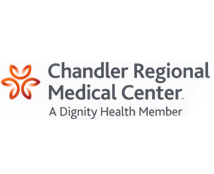
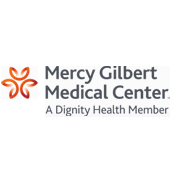
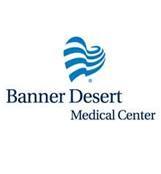
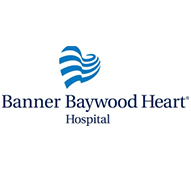
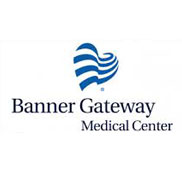
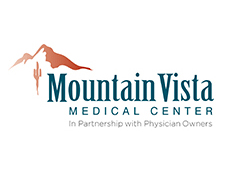
Leave a Reply